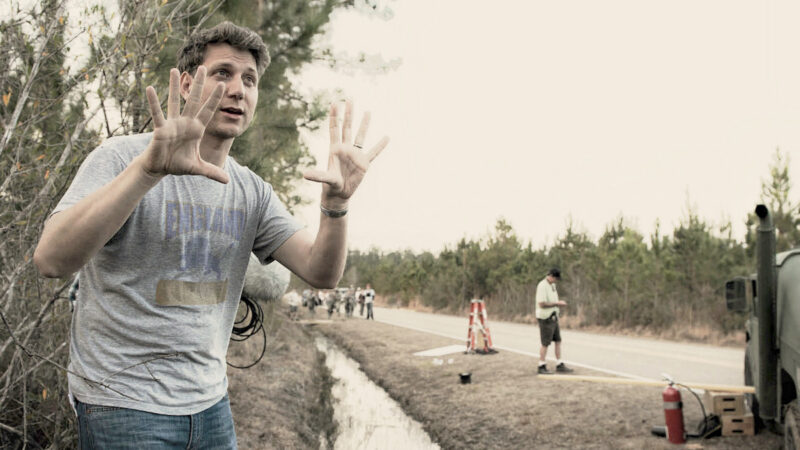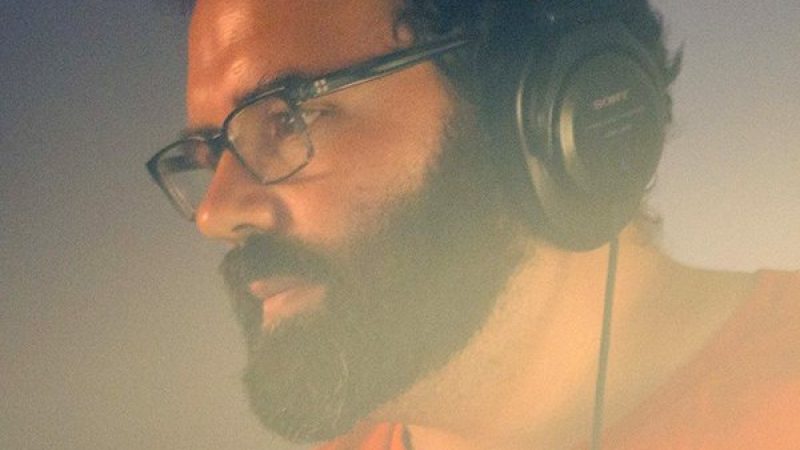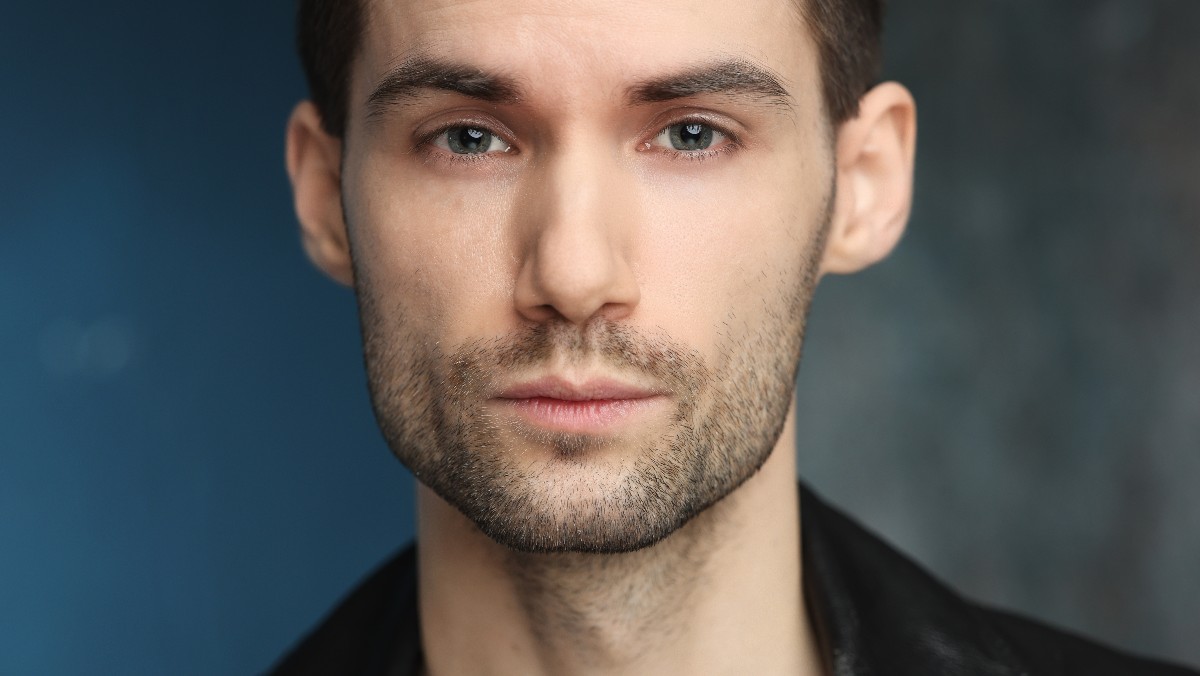
Christopher Michael Jo Marsh returns with a compelling take on his variety of work. An English actor who has furthered his training in Lee Strasberg Method with The Actors Centre, now known as Seven Dials Playhouse, in London. He has since expanded upon traditional techniques throughout his work, developing his own personal approach of the Method over the years.
Christopher Marsh on Stage
Christopher’s notable performances in plays include Billy in Stags and Hens (2012) and Dr. Brian Carrick in the new comedy play The Remains of George (2014). He is a former member of Chickenshed Theatre Company, appearing in a variety of the company’s productions, including Dario Fo’s Trumpets and Raspberries (2017). He notably played Nathaniel Job in Waterside (2013).
Christopher Marsh in Film
His first major supporting role in a feature film was in Here Comes the Duke (2023), the first collaboration with Christopher Beech, in the role of Louie. Next, he did Try-Ad (a short film) written and directed by Tania-Morgan Smith, in the role of Paul Burton, a father struggling to come to terms with his son’s autism.
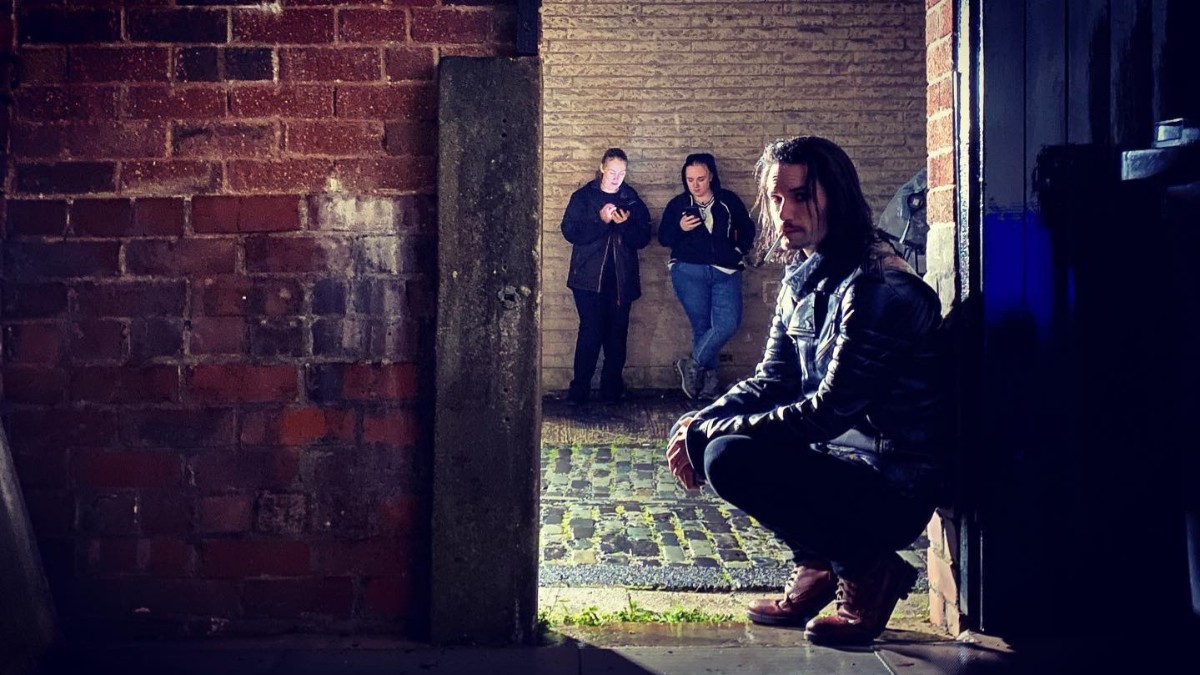
indieactivity: What has changed since our last interview?
Christopher Marsh (CM): I have worked on various independent film and television projects over recent years. Most recently the feature film ‘Here Comes The Duke’ written and directed by Christopher Beech, which is releasing in 2023, a Short Film called ‘Try-Ad’ written and directed by Tania Morgan-Smith, and filming the conclusion of the ‘Waterside’ TV series, written and directed by Connor Chadwick, which finished in 2020. I have also lent my voice to projects such as the ‘Time Traveller’ TV and Audio Play series, and ‘Sherlock Holmes’ from Overton Audios
Tell us about the improved career you have?
Christopher Marsh (CM): I was in my mid-teens when I decided on becoming an actor, after seeing Andrew Lloyd Webber’s ‘The Phantom of the Opera’, being fascinated by that character, plus I was also beginning to develop a love affair for Cinema and wanting to explore and understand other lives through characters, using the medium of stage and screen. I think my fate was sealed then. How to actually go about this was still a mystery to me, but I did eventually train in Acting at the University of Hertfordshire.
I studied the traditional Stanislavski Technique, and also Lee Strasberg. Both of which became so essential to my core studies in understanding how to create and develop a character. I furthered my training in Lee Strasberg Method with The Actors Centre. I have since expanded upon these techniques extensively in my own personal way when approaching a role, which has allowed me to feel much more at ease, disciplined, and satisfied with my work thanks to my training.
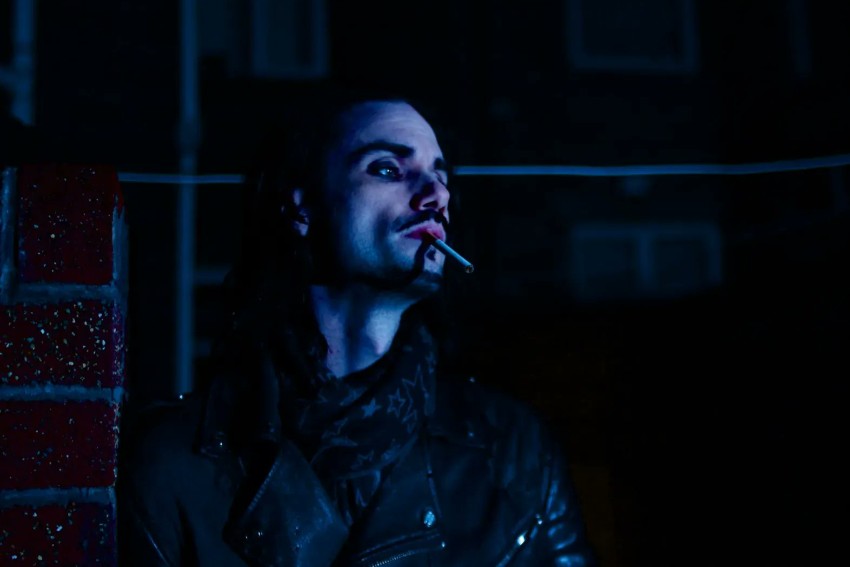
How has your acting improved?
Christopher Marsh (CM): As mentioned previously, I trained in Stanislavski and Lee Strasberg Methods. I’ve come to appreciate them far more deeply the more I mature as an actor. I’m still learning of course. Yet, I’m still figuring my path out. Ultimately, I feel far more confident than I was when I began many years ago. Although the nerves still make their way through, naturally. I don’t think I can truly describe how I use these techniques. If I can truly define the process, formally ‘Method’ is what it’s officially known as.
It’s a very misunderstood technique, but I don’t think it needs to be mystified in any way. Although I do understand why people may apply some fantasy to it. It’s a very alluring way of doing things. I wouldn’t recommend it to everyone. It needs to work for you, and you need to feel it in your gut as to why it does.
You are an experienced actor, how much work: creativity, energy or focus do you put into your scenes?
Christopher Marsh (CM): s much energy as required. I want to give 100%. As much energy as humanly possible anyway. I have come out of projects exhausted, but often always satisfied. But I wouldn’t give more than you already can. It can be tiring, but you must know your limits and never put your health at risk. It’s a collaborative effort also, so it’s also great if you can work with those in whom you can trust and put your faith, and vice versa. Equally.
You have worked on popular shows, and films, how has each show impacted your work as an actor and your career? For example 600 Bottles of wine?
Christopher Marsh (CM): I guess each show or film I’ve worked on has allowed me to live and work in different ways. Having an influence on what I do next, or how I perceive the world. As for the wine, no comment.
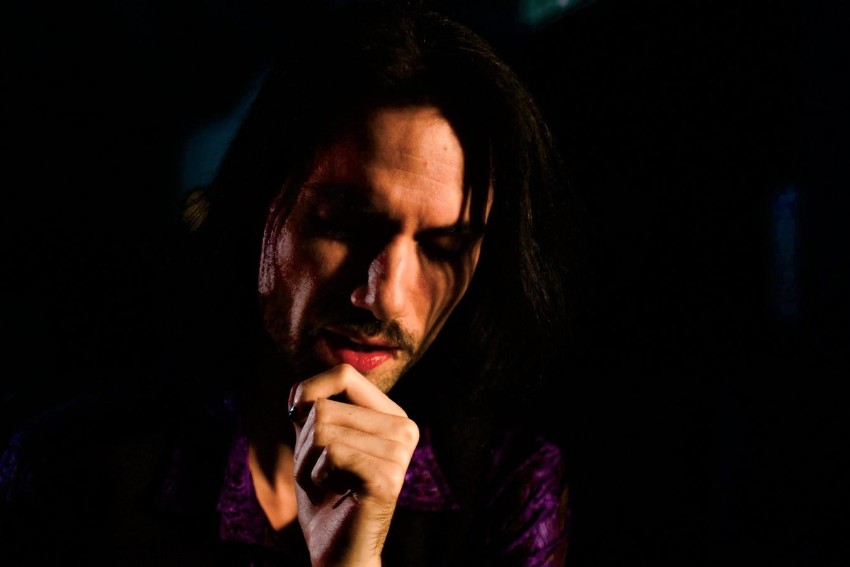
How does the work you do on one show, compared to another?
CM: As you know, a new project can be wildly different from the last. I don’t think there is much difference in terms of the way things are set up, but of course, all directors and actors work in different ways. Which has to be respected. I’ve worked with directors that are happy for you to experiment and be free with a role, within reason of course, and I’ve worked with directors that are much more restrictive. There is no right or wrong there, but it just means that we as actors have to find ways to adapt and evolve, according to the project and the people we work with.
Let’s take a show you’ve done, how did you prepare for such a role: the cast, the physicality the terrain, the climate, the weather, and the demands of the show?
CM: Well, with ‘Waterside’ and playing Nathaniel from 2017-2020, it was a role that evolved over time. I tread carefully due to the dark nature of the character as he seeks power and dominance, but ultimately, I wanted to get in touch with the human inside him. The conflicts, his humble beginnings, rivalries, his chaotic family life, and his romantic interests. Not so much to justify his actions, but to seek an understanding of his mindset and find a substantial reason for his eventual fall into a dark place.
This is a man willing to sacrifice his life’s work to achieve a level of greatness that, in his eyes, was the ultimate destination. How could I possibly understand that desire without first tracing back his steps to a time when conflicts in his life would sadly seal his outcome? It also helped that I was allowed to work on his appearance, which evolved over time, and the way he presented himself. This further allowed me to keep up with the demands of the story and to adapt to the script accordingly. We’d sometimes rehearse the script/scenes on the day, which helped us to play with the story freely to achieve a satisfying outcome.
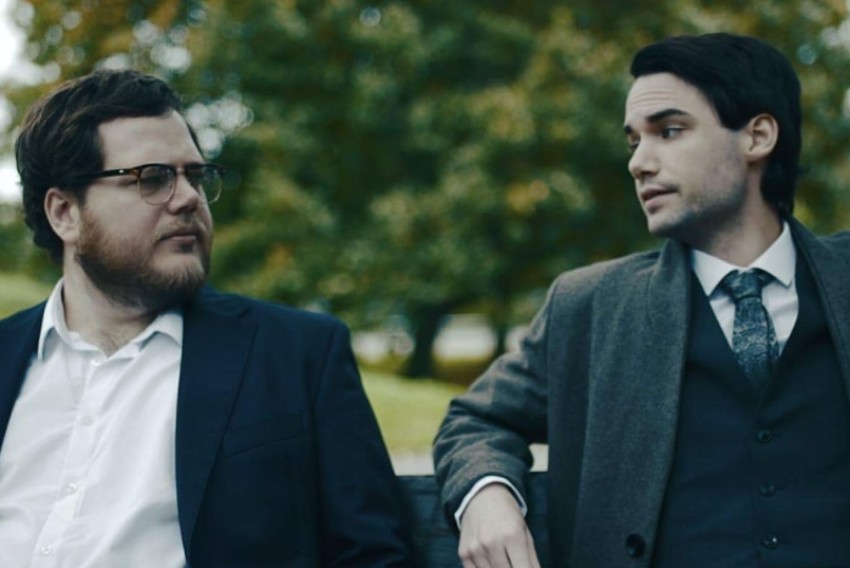
How do you get into character?
CM: I have a love affair with music, so I found avenues through music to help me with that process. Among other ways that I prefer to keep to myself, it’s all about asking myself whether or not I can relate to the character and their story, even if just in a small way. Then I completely go in the opposite direction and seek reasons why and how the character is wildly different from who I am. Which I find to be deeply attractive and exciting to me. Then I guess it’s up to me to merge it all together into a life we’ve not seen before. I’m still finding my way through that process.
What are your principles on a production set?
CM: Going back to what I said previously, music keeps me grounded. Over the years, many artists and bands have allowed me to tap into processes that help me remain within the realms of a story on set. For ‘Waterside’, I listened to a lot of Radiohead, and for ‘Here Comes The Duke’, I listened to bands such as The Velvet Underground, Jefferson Airplane, and The Rolling Stones, among others.
It also depends on who you’re working with and the nature of the production. I don’t like too many distractions, but I’m happy to interact and be open with others, within reason, and if I feel comfortable enough. Filming can be a lengthy and tiresome process, so focus and healthy morale are always key for me. As long as we’re having fun right?

Explain one creative choice you took on the set?
CM: I remember on Here Comes The Duke, that our director Christopher Beech would explicitly exclaim the word ‘More!’ on a couple of takes. Which to my understanding, meant that he wanted us to expand upon ideas and to essentially give ‘more’ to the scene in ways that we possibly hadn’t thought of before. Allowing me to reexamine or take a thought or action further, to give it more life. Feeling the better for it. Which I’m ever thankful to him for.
Tell us about your new exciting projects?
CM: My next picture ‘Here Comes The Duke’ will be released in 2023, from Swynnerton Pictures/Teddy Trap Productions. I play ‘Louie’, a rising Rockstar battling with the challenges of fame, drug addiction, facing mental health issues, and looking to his own drug dealer as his own personal agony aunt. This film will screen at film festivals, with more info coming soon on where it can be seen.
Talk about the industry here, making the move over, and especially how Hollywood has been affected by the pandemic?
CM: I remain in London, but across the board of the industry, from London to Hollywood, from the West End to Broadway, sets, theatres, and venues across nations faced a catastrophic blow. With productions canceled, postponed, or abandoned altogether. However, the arts have been around for millennia, and since the pandemic, we’ve found ourselves having to adapt and evolve, especially in sets and theatres.
Many took it upon themselves to make theatre during lockdowns, especially online. And sets having to take precautions and put safety measures in place. Although the pandemic halted much of the industry, the industry has now pulled through and is back to thriving. Cautiously I might add. But with hope and continued resilience.
Tell us what you think of the interview with Christopher Marsh. What do you think of it? What ideas did you get? Do you have any suggestions? Or did it help you? Let’s have your comments below and/or on Facebook or join me on Twitter.
Follow Christopher Marsh on Social Media
IMDb
Twitter
Instagram
MORE STORIES FOR YOU
The Key Facts Behind How Jeff Nichols Made The Indie Hit MUD
Jeff Nichols gives himself directorial challenges to master on every project.
In Conversation with Michael Oblowitz Director of Confidential Informant
Confidential Informant stars Mel Gibson, Dominic Purcell, and Kate Bosworth

